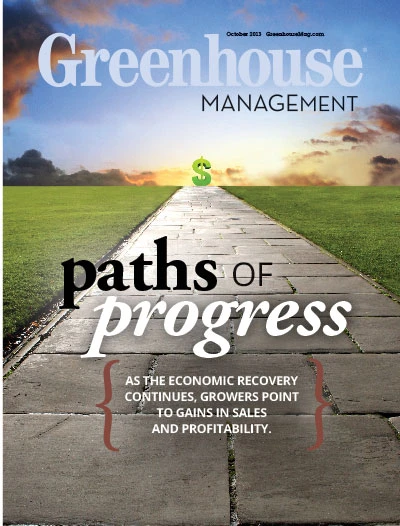 Getting customers to pay on time is one of the biggest challenges for small business owners. And if the problem persists, it can make it difficult to keep the doors open. Dawn Fotopulos is a small business consultant and founder of Bestsmallbizhelp.com. Here are her five ways to keep those payments rolling in on schedule.
Getting customers to pay on time is one of the biggest challenges for small business owners. And if the problem persists, it can make it difficult to keep the doors open. Dawn Fotopulos is a small business consultant and founder of Bestsmallbizhelp.com. Here are her five ways to keep those payments rolling in on schedule.
1. Send invoices ASAP. Often, business owners finish their work for a customer and neglect to submit a bill. Remember, your customer has no obligation until they receive the invoice.
2. Explain every single charge. Don’t send your customer an invoice with only a dollar amount on it. Itemize everything the customer has bought or every service you provided and highlight any discounts given.
3. Make deadlines crystal clear. Don’t allow the opportunity for any ambiguity or confusion. You need to tell your customer when he or she signs the initial contract how much time they have to pay you. Reiterate your policy on both the billing invoice and packing slip.
4. More invoices for smaller amounts. If possible, you want to avoid hitting your customer with one giant bill. A customer is more likely to sit on a bill that is overwhelmingly large. Also, by getting paid in small, frequent increments, you protect your business from losing a lot of money should your customer go belly-up while sitting on an unpaid invoice.
5. Make a personal connection. Consider sending a handwritten thank-you note on a fairly regular basis. The next time there is a bottleneck in the payment schedule with that customer, the accountant will remember you.

Explore the October 2013 Issue
Check out more from this issue and find your next story to read.
Latest from Greenhouse Management
- CEA Alliance celebrates bipartisan introduction of Supporting Innovation in Agriculture Act
- Dümmen Orange North America celebrating 25th anniversary in 2025
- Illinois Landscape Contractors Association changes name to Landscape Illinois
- 2025 Proven Winners Horticulture Scholarship applications now open
- ICL’s Gemini Granular herbicide now registered for use in California
- Eurazeo Planetary Boundaries Fund acquires Bioline AgroSciences
- Spring Meadow Nursery's Freedom Shelley finds joy in plants
- Leading Women of Horticulture: Dana Massey, Plantworks Nursery





